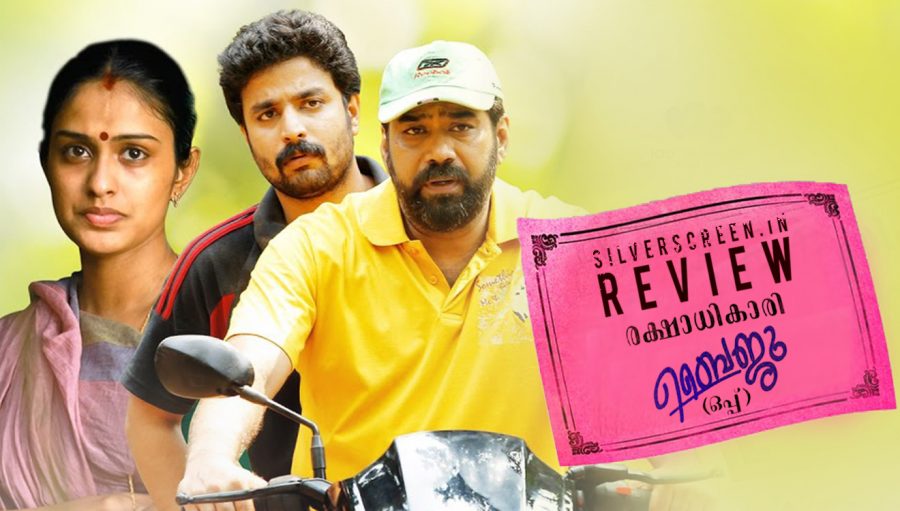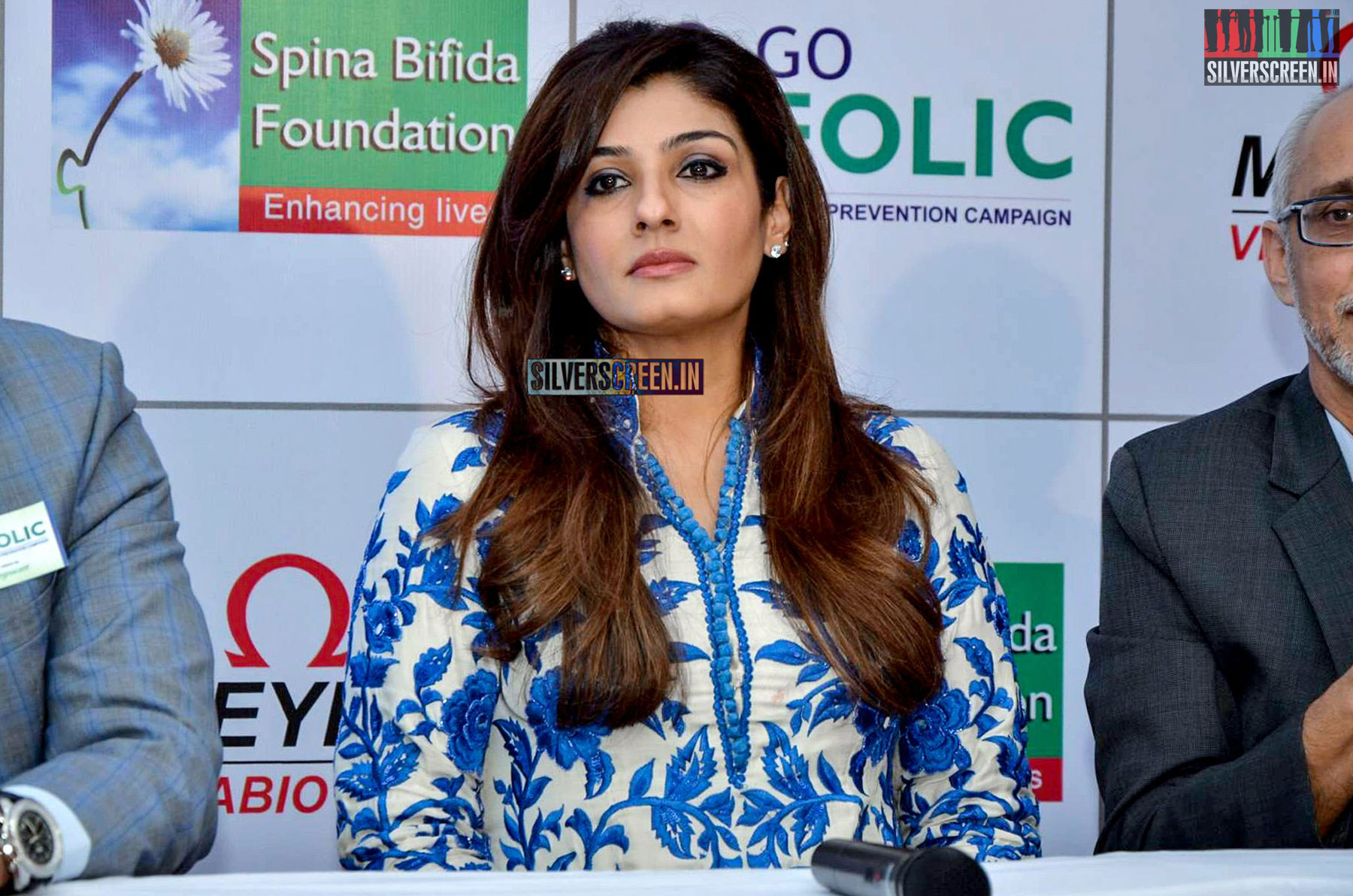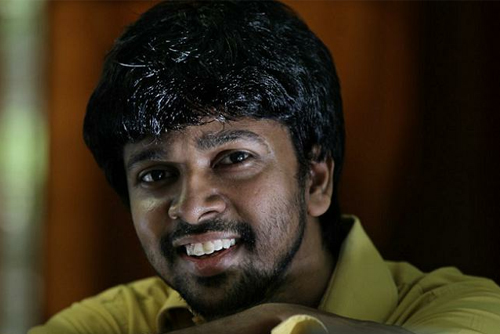Around 120 minutes into Rakshadhikari Baiju Oppu (Guardian Baiju), there is a scene in which the lead characters sit inside a local toddy bar, and sing “Oru Pushpam Maathramen” in their rough voices, tapping on the wooden desks. They are joined by other customers at the bar, including a group of tourists who are drawn to the place by this impromptu musical performance. Everyone looks relaxed and happy. Not at all what we would expect from characters when a film is nearing its climax.
Rakshadhikari Baiju is like that. It doesn’t bother with plot twists and heroic characters. There is no sense of urgency in its script, and rightfully so. It’s as if the film is enchanted by the idyllic life in Kumbalam, a tiny village on the lap of the backwaters of Kerala.
It lingers in scenes of evenings, as the members of the resident cricket club, Kumbalam Brothers, meet and play their daily matches on a piece of unused land, traditionally used as the village’s playground. The focus is on the details – the unparalleled fun of gully cricket, the banter of the villagers, the sincerity of their relationships.
***
Writer-director Ranjan Pramod portrays the village and its residents realistically, with wit and slapstick humour. It’s so well done that long after the credits roll, we want to believe that their life still goes on.
The film is woven around an informal playground, the chief place where the Kumbalam Brothers have been hanging out for over 36 years. And it’s not just the cricket-loving men who use the ground. Every evening, groups of young girls and women play ring-throw and badminton. Kids play football in a corner. Senior citizens meet here every evening, and watch the youngsters play. Even Narayanan (an energetic Janardhanan), a cranky old man who lives near this plot, comes. Otherwise, he spends his uneventful days quarreling with little kids who have upset his cow, grazing near the play area.
Everyone has a reason to love this space, which represents their peaceful, community life.
There are over a hundred characters in the film. They appear and disappear, not without making an impression. From Hareesh Perumanna, who plays one of the club members to Padmaraj Ratheesh, who dons the role of a pothead and goon – everyone gets a memorable moment.
***
The narration proceeds through Baiju (Biju Menon) a 44-year-old water-authority officer who founded the Kumbalam Brothers with his friend Thomas (Dileesh Pothen), when they were 8 years old. Although Thomas and other older members moved on when they grew up and settled abroad, busy with their careers and family, Baiju continues to helm the amateur cricket club, rather proudly. A generous and fun-loving man, he treats the members of the team, who are decades younger than him, as family. The village teases him with the nickname ‘Rakshadhikari’ (Guardian), and not without a reason. He is the go-to man for all the kids and youngsters when they need financial or other aid.
Although Baiju might remind one of Balettan and Naran, he is an adorable character, made all the more vivid by Menon’s performance. There is a rib-tickling scene in which Baiju is sitting on the parapet of a well, and chatting with his fellow club members. A police vehicle passes by, and one of the men cries out, “Ayyo, police”. Just like that, Baiju jumps into the well, although he has no reason to be afraid. It’s just a reflex action.
Impressively executed scenes like these bring us close to the character. He is a familiar person – gentle, timid, and law-abiding. It’s entirely in character that he decides to stay out of trouble, even when he stands to lose the thing he prizes the most – the playground and all the activities around it – forever.
***
Ranjan Pramod was on a long hiatus from the film industry after the back to back box-office failure of two films he directed, Photographer and Rose Guitarinaal. But Pramod’s role in Malayalam cinema as a screenwriter can never be written off. In every film he has written, there is always one poignant and lifelike part that bears his impression. Like the scene in Naran where Velayudhan (Mohanlal) is arrested and kept inside the office of the police inspector (Siddique) who realises that this so-called daredevil goon is just an innocent overgrown child. That scene, and not the rest of the film where Velayudhan becomes the village’s saviour, is the core of Naran.
In Rakshadhikari Baiju, that particular moment comes when Baiju and his team, while travelling to a nearby town to play a cricket tournament under lights, run into Baiju’s old friend, Thomas. Thomas is there on a short visit from Germany, where he has settled. The man is dressed in a suit and formal shoes. But he sits down on the playground grass and cheers excitedly for the Kumbalam Brothers.
In this sequence, everyone acts as if no camera is watching, as if they’ve known each other for years. Following that, Baiju and Thomas sit under their favourite tree, waiting for dawn. The subtle somberness in the conversation is both sincere and moving.
***
Rakshadhikari Baiju is like that good-hearted, well-meaning, funny person we all know, not quite free of society’s racism and sexism.
It has a predominantly male-driven narrative, like Vellimoonga and Anuraga Karikkinvellam. Men have fun with friends, evade or take-up responsibilities as per their wish. The women stay indoors, live under their shadows. Baiju’s wife and teenage daughter resemble characters from ’80s and early ’90s films – they love gold jewellery and clothes, and little else. There’s also a man who constantly complains about being controlled by his wife.
Recommended
There is Sreekala (Krishna), a dark-skinned plain jane who is head-over-heels in love with Unni (Aju), her neighbour. He rebuffs her advances, even as the whole village takes her side. It could have been a great romantic track. However, it gets reduced to a disappointing affair where the fair-skinned man makes a chirpy young woman feel guilty about her appearance.
And the film is long-drawn, taking its own sweet time to reach the climax, which does make a relevant point. A tighter script would have done wonders for this film.
In spite of its flaws, Rakshadhikari Baiju is a film that deserves to be watched for its sincere portrayal of life and human relationships, the old-fashioned way.
*****
The Rakshadhikari Baiju Oppu review is a Silverscreen original article. It was not paid for or commissioned by anyone associated with the movie. Silverscreen.in and its writers do not have any commercial relationship with movies that are reviewed on the site.



